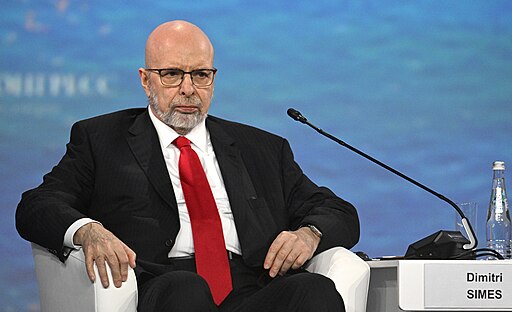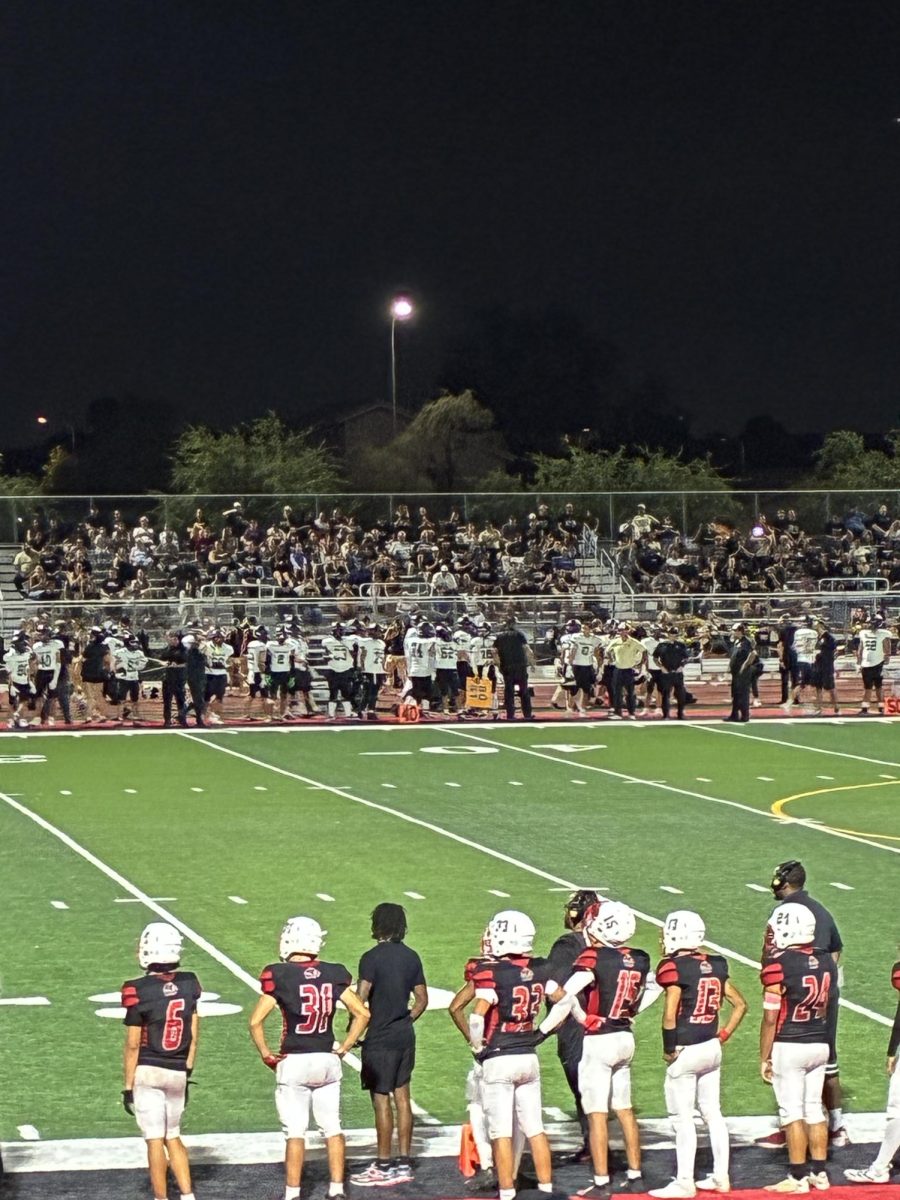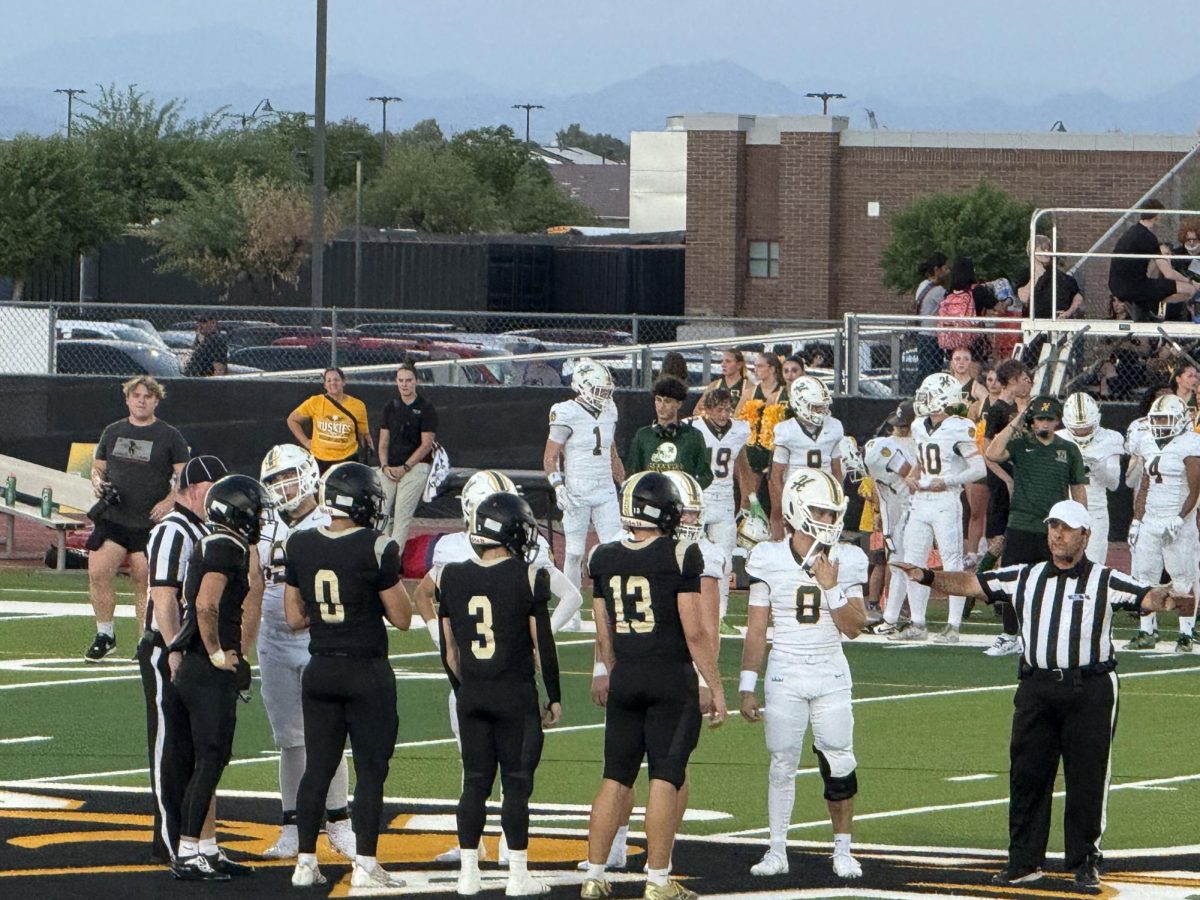For the third consecutive election, U.S. intelligence agencies have accused the Russian government of facilitating a broad election influence operation, as the Biden administration tries to reduce the intensifying presence of Russian state-run media.
The Kremlin is said to have amplified messaging to undermine democratic processes as part of an effort to support former President Donald Trump’s presidential campaign, according to the Justice Department.
The sophisticated operation, if left unchecked, could exacerbate falsehoods about the presidential election, American officials say. The Kremlin is alleged to have bankrolled millions to conservative online commentators, raising concerns about the extent of Russian influence.
In recent weeks, the Justice Department has indicted Russian operatives and investigated prominent American commentators on Russia’s state television networks, including Scott Ritter, a former United Nations weapons inspector, and Dimitri Simes, an adviser to Trump’s first presidential campaign.
U.S. officials have aimed a malign campaign known as Doppelgänger, a network of websites impersonating legitimate news organizations, including Fox News and the Washington Post. Sergei Kiriyenko, President Vladimir Putin’s first deputy chief of staff, is overseeing the Doppelgänger network, according to an affidavit from the Justice Department.
“We will have no tolerance for attempts by authoritarian regimes to exploit our democratic systems of government,” Attorney General Merrick Garland said last week, in one of the harshest rebukes of the Kremlin by the Justice Department in years. “The American people are entitled to know when a foreign power engages in political activities or seeks to influence public discourse.”
The Treasury Department imposed sanctions on a Russian nonprofit associated with Doppelgänger and executive editors involved with state-owned broadcaster RT, including editor-in-chief Margarita Simonyan. The State Department designated several Russian state-funded outlets, including RT and Sputnik, as foreign government missions.

Two Russian employees of RT, Kostiantyn Kalashnikov and Elena Afanasyeva, were indicted last week for allegedly giving $10 million to an unnamed Tennessee company. The firm is believed to be Tenet Media, a company registered in Tennessee that published videos supporting Trump and boasted prominent conservative commentators, including Dave Rubin, Tim Pool, and Benny Johnson.
The indictment alleges that Afanasyeva directed Johnson to suggest that Ukraine was responsible for a terrorist attack at a Moscow concert hall in March (The Islamic State claimed responsibility for the attack, and the Russian government charged four men from Tajikistan).
According to the Justice Department, Tenet Media was instructed to promote a video of Tucker Carlson, a former Fox News commentator, during his visit to Russia in which he praised the apparent sophistication of a supermarket in Moscow. Carlson’s commentaries frequently appeared on Russian state television, including segments that portrayed President Volodymyr Zelensky of Ukraine as a “dictator” seeking “regime change.”
“There are three certainties in life: death, taxes, and RT’s interference in the American elections,” Anna Belkina, RT’s deputy editor-in-chief, said in a sarcastic response after the indictments. At a rally in Wisconsin, Trump suggested that the Justice Department’s investigation was inevitable.
American officials have assessed that the Russian government prefers Trump to Vice President Kamala Harris for his skepticism of Ukraine. In February, he threatened that he was willing to let Russia “do whatever the hell they want” to NATO countries that did not uphold financial commitments.
Since President Biden withdrew from the presidential race, the Kremlin has shifted its recent efforts toward disparaging the Harris campaign using inauthentic and false videos posted to social media services, Microsoft said in a report on Tuesday.
The government’s investigation into the Kremlin’s influence operations reprises the partisan debate over Russia’s historic influence in the 2016 election that was marred by partisan conflict across inquiries and hearings. Robert Mueller, the special counsel, released a much-anticipated report in April 2019 detailing various meetings between Trump’s advisers and Russians.
Neither Mueller’s findings nor the Senate Intelligence Committee’s nearly 1,000-page imprimatur, released a year-and-a-half later, concluded that the Trump campaign engaged in a conspiracy with the Russian government. But the reports converge in claiming that the Russian government’s efforts helped Trump become president, demonstrating the array of contacts between campaign officials and Russians, including campaign manager Paul Manafort.

The Internet Research Agency, a Russian troll farm, was responsible for thousands of inflammatory social media posts in 2016. The Kremlin assumed a more direct role in foreign election influence operations after the 2020 election and moved to shut down the firm after its founder, Yevgeny Prigozhin, staged a mutiny against the Russian military last year.
U.S. intelligence agencies are concurrently investigating Chinese and Iranian efforts to influence the election. Last month, Microsoft released a report claiming that hackers for Iran’s Islamic Revolutionary Guard Corps had breached the account of a former political adviser to send email messages to “a high-ranking official of a presidential campaign” in an effort to compromise the campaign’s email accounts and databases.
After Microsoft’s report, Politico reported that it had received internal documents belonging to the Trump campaign. The campaign attributed the leak to “foreign sources hostile to the United States.” Roger Stone, a longtime Trump adviser, later said that his Hotmail and Gmail accounts were compromised.
Iranian hackers sent “an excerpt taken from stolen, nonpublic material from former President Trump’s campaign” to people associated with President Biden’s re-election campaign, officials at the F.B.I., the Cybersecurity and Infrastructure Security Agency and the Office of the Director of National Intelligence said in a joint statement on Wednesday. However, there is no indication that the recipients of the excerpt intended to disseminate it.
Iran’s mission to the United Nations has denied the allegations, stating that the country “harbors neither the intention nor the motive to interfere with the U.S. presidential election.” The Justice Department is set to issue several indictments in connection with the hack, the Washington Post reported last week.
In the following days, Trump used the hack to make the case that Iranians prefer Harris. As president, Trump withdrew from the 2015 nuclear deal and reimposed economic sanctions on Iran. In January 2020, he ordered the killing of Maj. Gen. Qassim Suleimani in Iraq. The Revolutionary Guard Corps repeatedly vowed to avenge Suleimani’s death.
Trump’s foreign policy in the Middle East served as the impetus for the initiation of several influence operations. American officials revealed last year that Iranian hackers had compromised a local government website in 2020, raising concerns that Tehran could undermine trust in elections without directly altering the results. Last month, OpenAI said that it had disrupted an Iranian misinformation campaign, though the effort was not believed to have attracted a sizable audience.
In April, the Institute for Strategic Dialogue, a nonprofit research organization, discovered a network of accounts associated with the Chinese government known as Spamouflage, impersonating ardent Trump supporters, after the Office of the Director of National Intelligence warned of Chinese election interference in February. The Chinese government has previously denied operating foreign influence campaigns.





































